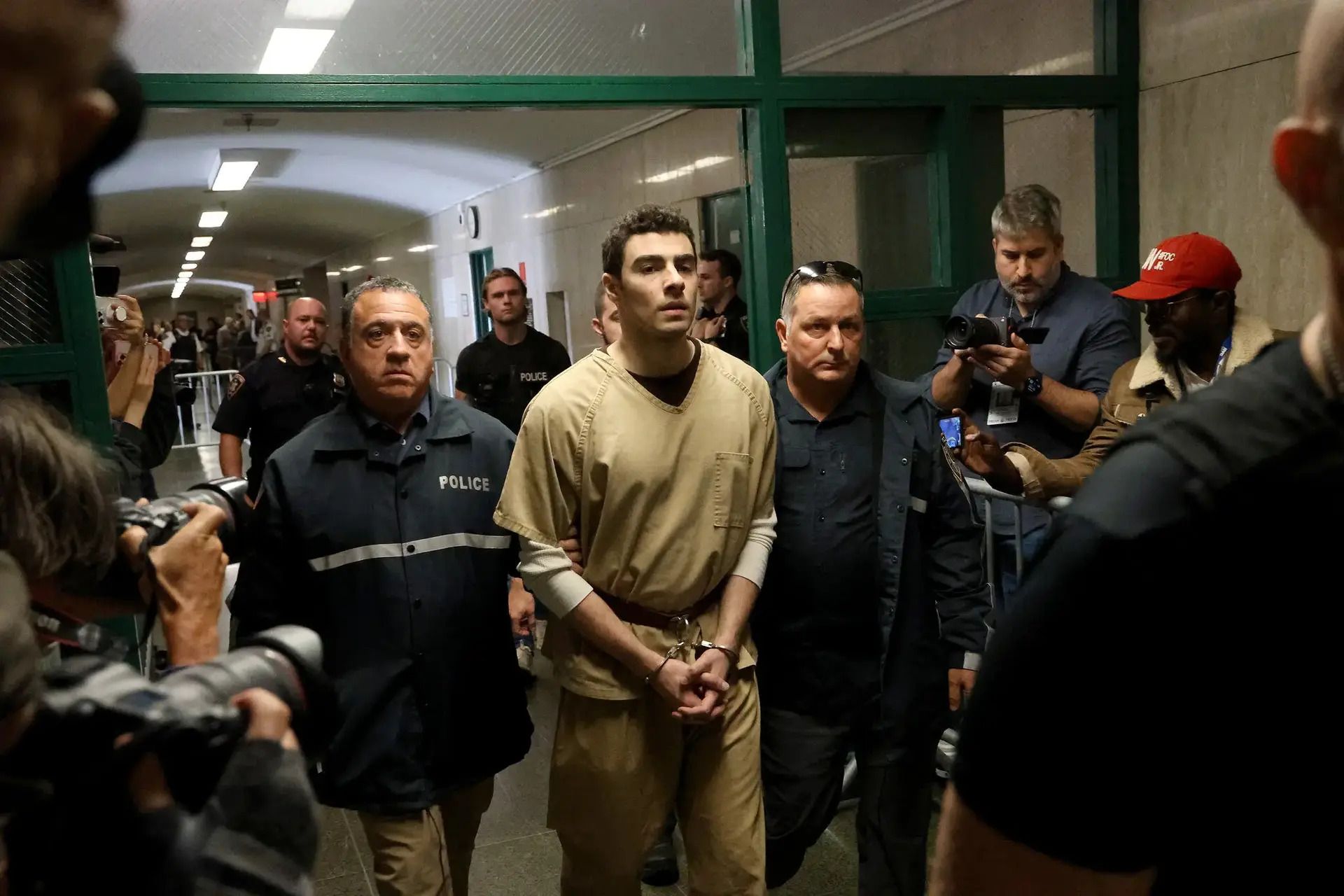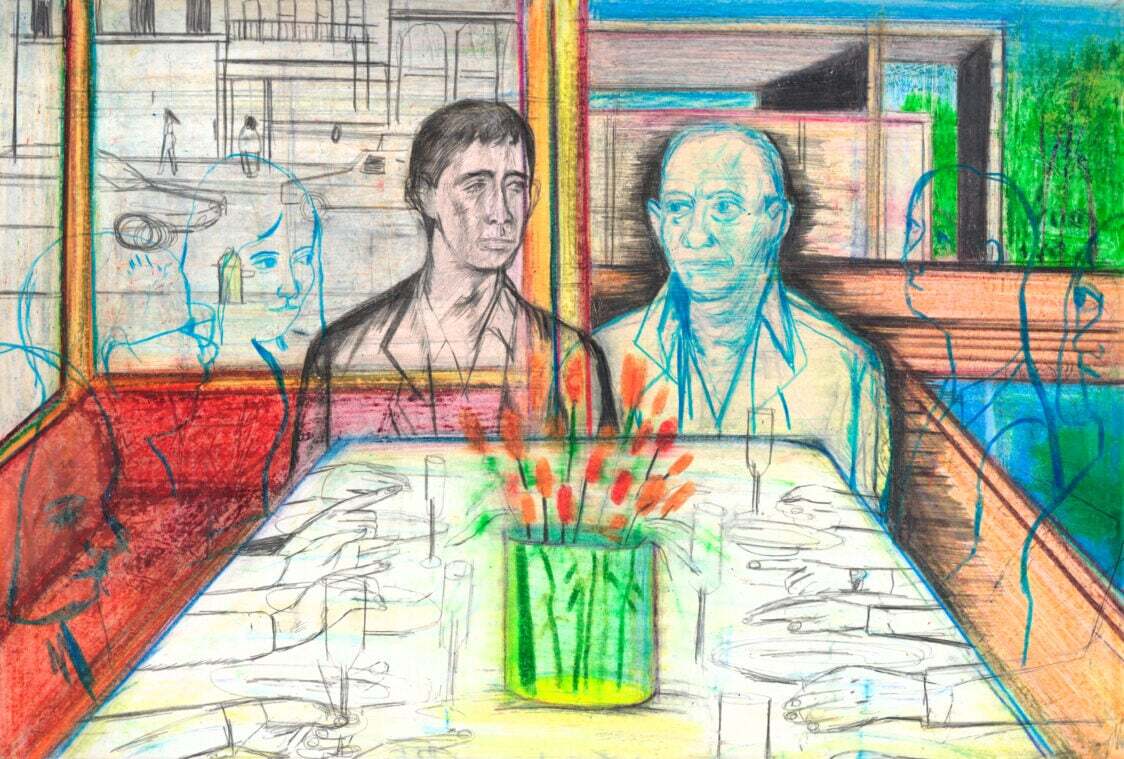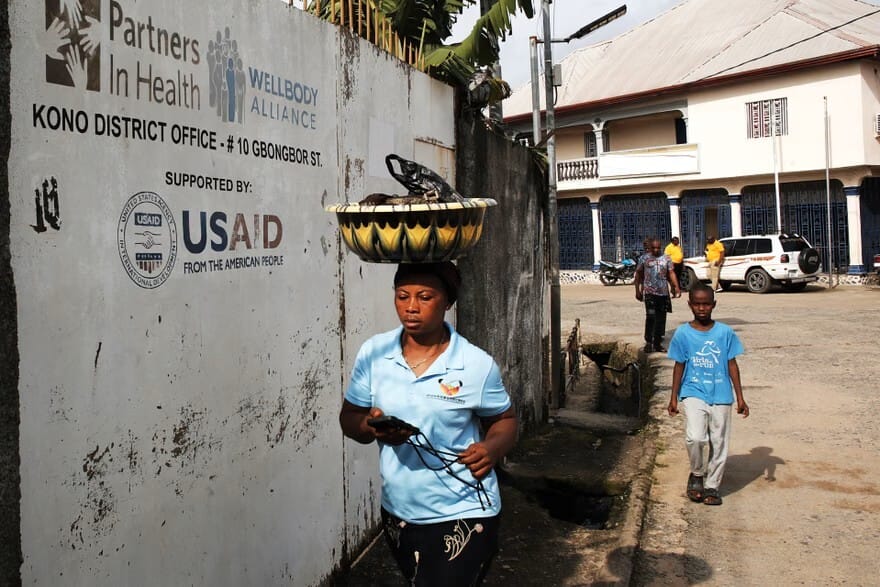
Happy Hump Day!
We've got three heavy ones that trace how people navigate systems designed to fail them—or profit from that failure.
First, the New York Times reconstructs Luigi Mangione's journey from Bangkok bar crawls to a sacred Japanese mountain where he sat alone for six days writing in a journal, becoming increasingly obsessed with how to make a statement about injustice without being dismissed as a terrorist. Then, former Artforum editor David Velasco on losing two things at once: his friend Brent Sikkema, an art dealer murdered allegedly by his estranged husband, and his own career after publishing a letter supporting Palestinian liberation.
And we're closing with a Guardian piece following a man born the same year Sierra Leone gained independence and JFK launched USAID, who's spent 64 years watching foreign aid workers arrive with grand promises, live in ocean-view apartments making 80 times what locals earn, then disappear when the money dries up.
Grab your lunch. Let's go.

This New York Times investigation traces Luigi Mangione's final months before allegedly shooting UnitedHealthcare CEO Brian Thompson, reconstructing his Asia backpacking trip that ended at Mount Omine, a sacred Japanese mountain where spiritual pilgrims have sought solitude for a thousand years. The piece follows him from wild nights in Bangkok (getting beaten up by "ladyboys," losing his phone in taxis) to six days of silent contemplation at a remote guesthouse, where the owner remembers him as the tidiest guest ever, sitting alone writing in his journal without digital devices. Through interviews with fellow travelers and his own writings, a portrait emerges of someone shifting from seeking human connection to isolation, becoming increasingly obsessed with Ted Kaczynski and how to make a statement about injustice without being dismissed as a terrorist. By August, back in the U.S., he'd stopped posting online and wrote in his journal: "I finally feel confident about what I will do."

This Harper's Magazine essay by former Artforum editor David Velasco interweaves two losses: his friend Brent Sikkema, a beloved art dealer stabbed eighteen times in his Rio townhouse by a hired killer allegedly orchestrated by his estranged husband, and Velasco's own career, destroyed after publishing an open letter supporting Palestinian liberation that omitted mention of October 7. A meditation on friendship, queer life, grieving without forgetting, and how the art world became a "stroke victim who repeats the same story in ever-disintegrating detail." Written with devastating intimacy about a man who was "proof of concept that you could have success and a family and still be a militant pervert."

This Guardian longread follows David Kpakiwa, born in 1961—the year Sierra Leone gained independence and JFK launched USAID—through six decades of watching foreign aid arrive with grand promises and leave when the money dried up. From unwashed Peace Corps volunteers in the '70s who seemed to do nothing but take long walks, to champagne-drinking consultants sketching health programs on whiteboards after Ebola, to the pattern repeating itself again as Trump guts USAID, David has seen it all with resigned familiarity. The piece captures the fundamental problem: aid workers making 80 times what locals do, staying in ocean-view apartments, saving hazard pay to buy cars back home, while Sierra Leoneans joke they need "another Ebola" for money to flow again. A devastating portrait of dependency without development, told through one man's lifetime of watching foreigners arrive to "fix Sierra Leone," fail, and disappear—until the next crisis brings them back.
Lighter Stories to Close Out the Day
That’s it for this today.
Really hope you enjoyed the selection of stories today. I am always interested in hearing from you. If you have thoughts on how I can make this email even better, do not hesitate to reach out.
Brett
P.S.
Want to help support the Lunch Club? Consider buying me a cup of coffee.
Sponsored by
How 1,500+ Marketers Are Using AI to Move Faster in 2025
Is your team using AI like the leaders—or still stuck experimenting?
Masters in Marketing’s AI Trends Report breaks down how top marketers are using tools like ChatGPT, Claude, and Breeze to scale content, personalize outreach, and drive real results.
Inside the report, you’ll discover:
What AI use cases are delivering the strongest ROI today
How high-performing teams are integrating AI into workflows
The biggest blockers slowing others down—and how to avoid them
A 2025 action plan to upgrade your own AI strategy
Download the report. Free when you subscribe to the Masters in Marketing newsletter.
Learn what’s working now, and what’s next.
